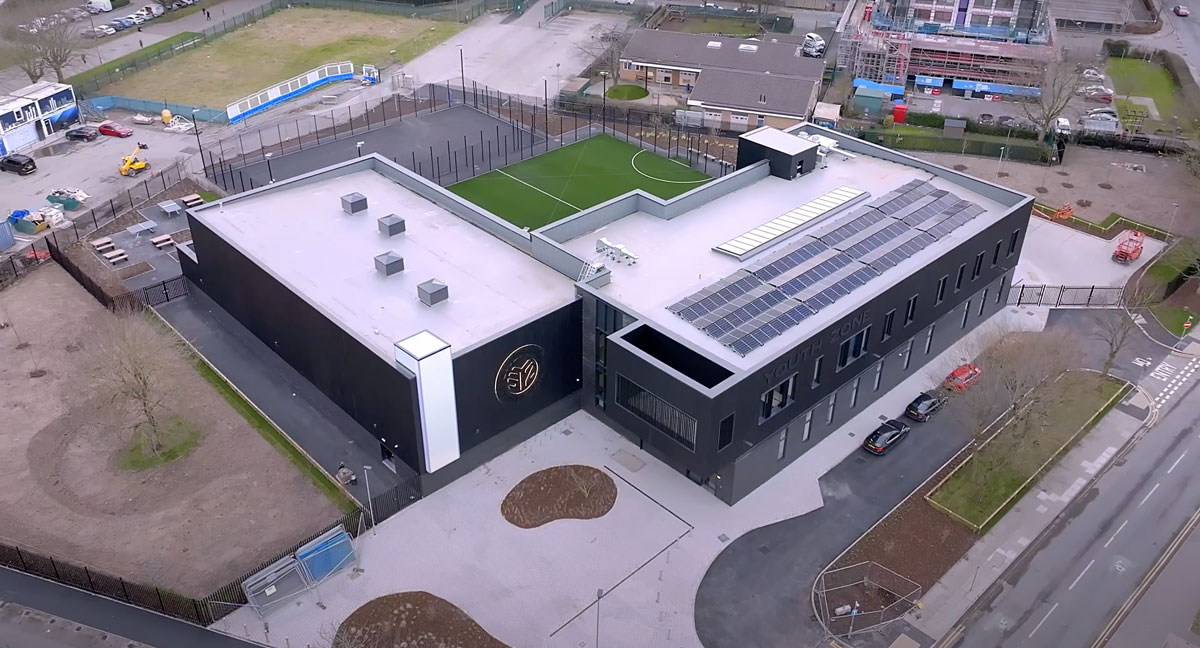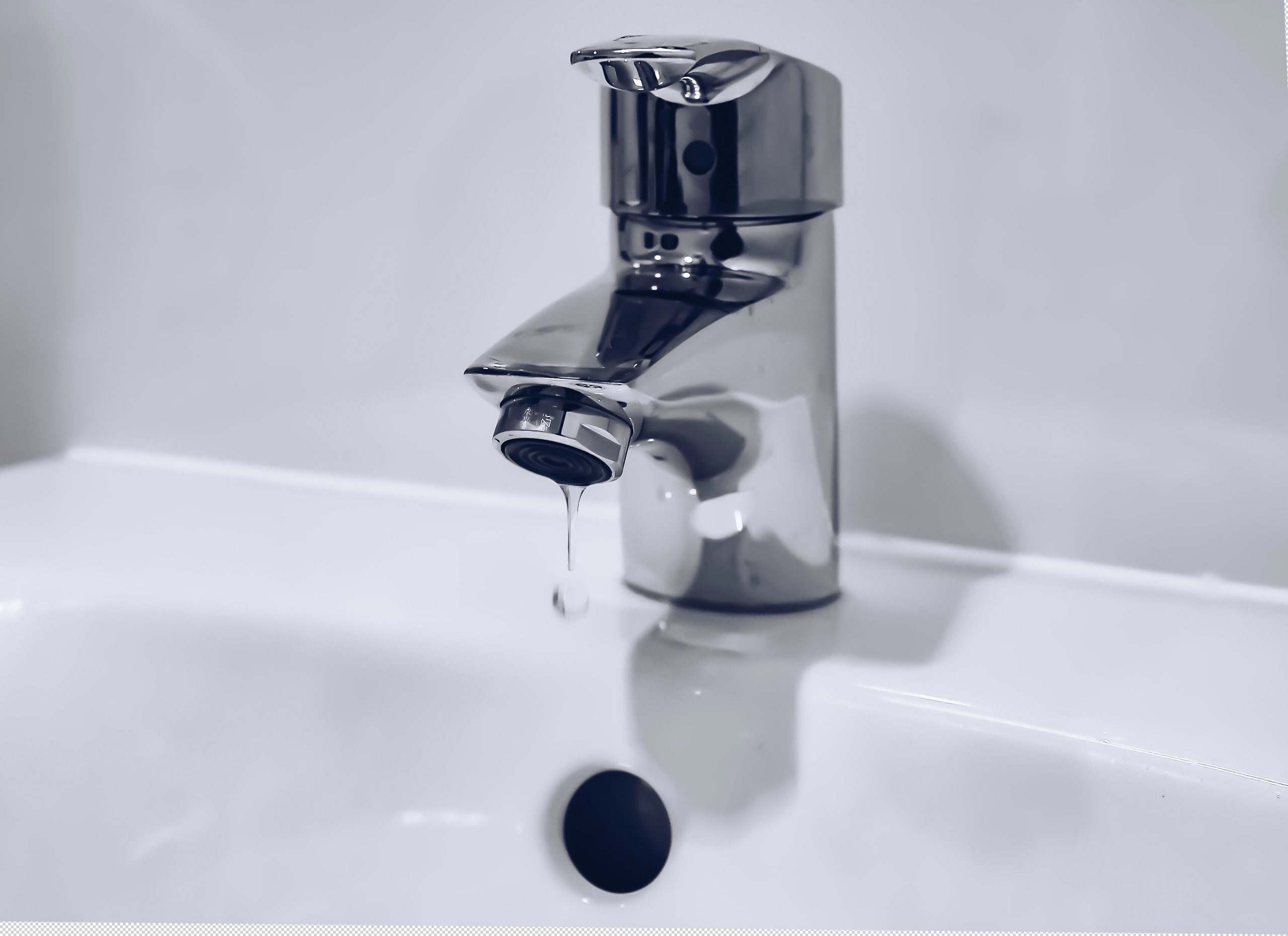As registered plumbers, we’ve seen firsthand how fast a simple leak can spiral into a serious issue. That’s why we’ve put together this guide to help you take control of the situation if a leak ever strikes your home.
First Things First: Stay Calm, Act Fast
When you discover water where it shouldn’t be – under a sink, in the ceiling, or pooling on the floor, don’t wait. Time is critical. Here’s what to do:
What To Do During a Water Leak Emergency
- Turn Off the Water Supply
- Find your main water shut-off valve (usually near the water meter or where the main water line enters your home).
- Turn it clockwise to stop the flow of water.
- If the leak is isolated (like a leaking toilet or sink), you may be able to shut off just that fixture.
- Shut Off Electricity (if necessary)
- If water is near any electrical outlets or appliances, shut off power to that area at your circuit breaker.
- Never touch water that may be in contact with electricity – call an electrician or emergency services.
- Contain the Leak
- Place buckets, towels, or pans under the leak to catch water.
- Use waterproof tape or plumber’s tape for temporary patching if the leak is from a visible pipe.
- Move Belongings Out of Harm’s Way
- Remove furniture, rugs, electronics, and valuables from the area to prevent water damage.
- Remove furniture, rugs, electronics, and valuables from the area to prevent water damage.
- Document the Damage
- Take photos and videos of the affected area. This can help with insurance claims later.
- Take photos and videos of the affected area. This can help with insurance claims later.
- Call us
- Even if you’ve stopped the flow of water, the underlying issue needs to be professionally repaired to prevent recurrence or further damage.
- If you’re in our service area, we’re just a phone call away from emergency plumbing help.
After the Leak: What Comes Next?
Once the immediate emergency is under control, there are a few follow-up steps to protect your home:
- Dry Out the Area
- Use fans, dehumidifiers, and open windows to promote airflow and dry out any moisture.
- Use fans, dehumidifiers, and open windows to promote airflow and dry out any moisture.
- Check for Mould
- If water has been sitting for more than 24–48 hours, mould can start to grow. Keep an eye out for any musty smells or discolouration.
- If water has been sitting for more than 24–48 hours, mould can start to grow. Keep an eye out for any musty smells or discolouration.
- Inspect for Hidden Damage
- Water can seep into walls, floors, and ceilings. A plumber or water damage specialist can check for issues that aren’t visible.
- Water can seep into walls, floors, and ceilings. A plumber or water damage specialist can check for issues that aren’t visible.
- Contact Your Insurance Company
- Depending on the cause of the leak and your policy, you may be able to file a claim to cover the damage.
- Depending on the cause of the leak and your policy, you may be able to file a claim to cover the damage.
Pro Tip: Prevent Future Water Leaks
As much as we enjoy helping my customers, I’d rather help you avoid emergencies altogether. Here’s how:
- Regularly inspect pipes, hoses, and fixtures for wear and tear
- Replace old water heaters and washing machine hoses before they fail
- Install water leak detectors and automatic shut-off valves
- Schedule annual plumbing checkups to catch problems early
Need Help Now?
If you’re dealing with a leak and need fast, professional plumbing service, don’t hesitate to call. We offer emergency plumbing services 24/7 and can help you get your home back to normal quickly and safely.
Call Riley & Lloyd Plumbers on 07800 923 250


